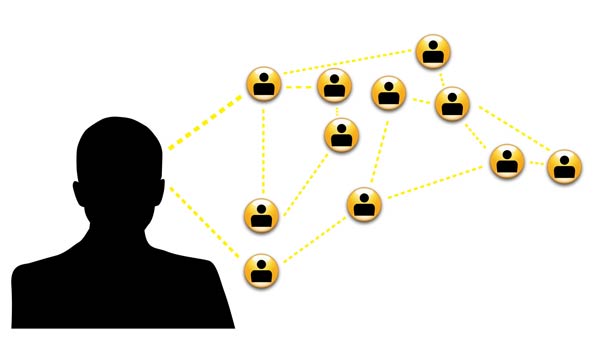Picture your favorite person in the world. It could be your spouse, your child, a parent, or a family friend. If you could speak with this person right now, would you prefer a phone conversation or an in-person one?
Of course you'd rather see their face, their expressions, and their gestures. A phone call just doesn't compare. That's why almost 2 in 5 teens have used Skype, iChat, or GoogleTalk to video chat with others.
If your teen regularly uses a service like Skype, or if he has a social networking account (most social networks have video chatting capabilities on-site), teach them these Internet safety rules for video chatting online.





















